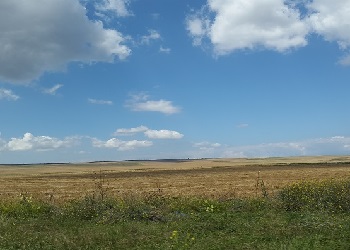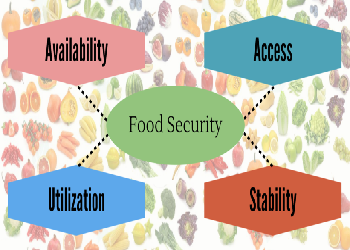- Details
MOLI stands for “Market Opportunities for Livelihood Improvement” in Kakheti. The project started in autumn 2012 and initially focused on milk and meat producers in the eastern part of the Kakheti region. It now operates in all eight municipalities of the region. In the second phase of the project, MOLI aims to reduce poverty in the Kakheti region while facilitating improved access to milk, beef and pork markets, and easing farmers’ access to inputs and services. Furthermore, MOLI focuses on cultivating a business enabling environment with the conviction that sustainability can only be achieved when the conditions for doing business are conducive, foresighted, and agreed upon by all stakeholders.
- Details
As a freshwater resource-rich Caucasian country, Georgia is well-positioned to produce high quality trout in its mountains. However, the Georgian trout sector is struggling and faces a number of constraints to further development.
In this study, we conducted both desk and field research, including an analysis of official data from the National Statistics Office of Georgia and interviews with various stakeholders in the trout value chain. We also put forth a case study of the trout cooperative Samegobro 2014 in which we discuss in detail the challenges many trout farmers face on an everyday basis.
- Details
The concept of food security (FS) is holistic and brings together the notions of the availability of sufficient amounts of food, access to food, food utilization (including nutrition aspects) and stability in the food supply.
On the path of transformation from collective to market-based economies, the countries of the South Caucasus – Armenia, Azerbaijan, and Georgia – face common challenges in ensuring their food security. However, the lack of quality in all three countries hinders a thorough assessment of the state of food security and the development of related policies.













